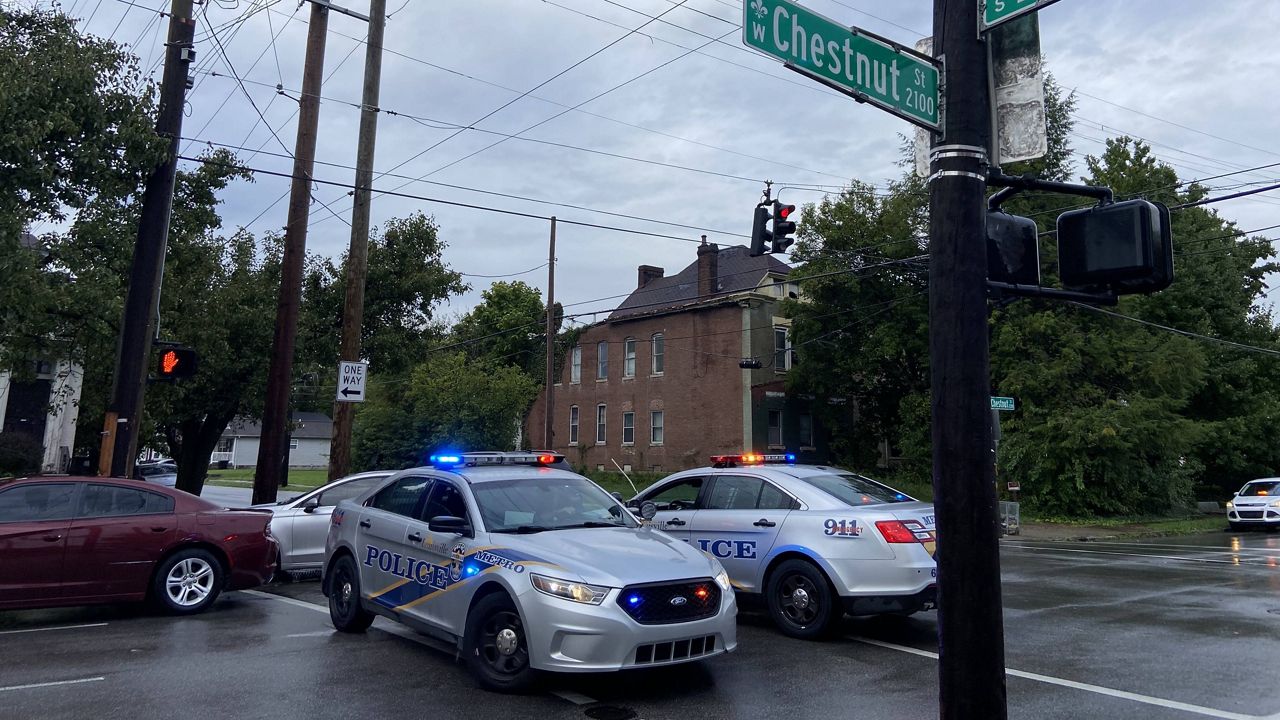LOUISVILLE, Ky. — When it comes to data points concerning violence in Louisville, no number is as important as 173. That’s how many criminal homicides have taken place in the city this year, tying the record set in 2020. With more than a month of 2021 to go, Louisville is on pace to approach 200 annual homicides.
But the city is hopeful that gathering more data will help reduce this number in future years.
On Tuesday, Mayor Greg Fischer signed an ordinance allocating $182 million of federal American Rescue Plan funds to address public safety, public health, and housing issues in Louisville. Among the $42.6 million earmarked for public safety programs is a $117,000 to help pay for a data fellow from Everytown for Gun Safety, a national group that pushes for gun-control.
According to a release from the city, the data fellow will “provide in-depth gun crime analysis.”
“As the Mayor has said, his No. 1 priority is public safety and to fully gain insight into the root cause of violence, we need a clear understanding of the unique combination of gun violence factors that are specific to Louisville,” Fischer’s spokesperson Jessica Wethington said. “The work of the Fellow will allow us to create a central point of access for data collection and communication to the community and key stakeholders and will help the city make informed decisions and create effective strategies to violence prevention.”
According to a description of the role that Wethington provided, the fellow will work to “centralize and merge data from multiple sources,” including Louisville Metro Police Deparment (LMPD) and UofL Hospital, and assist other city agencies that provide wrap-around service. They will also analyze data in hopes of determining “correlations and key factors” that drive violence in Louisville. The fellow will be tasked with “identifying trends, making projections, and providing insights” that serve to both evaluate existing anti-violence operations and lead to the creation of new ones.
A spokesperson for Everytown did not respond to questions about its data fellow program. But it did provide a quote from Rose Smith, a Louisville woman who lost her son to gun violence in 2014 and a volunteer with Moms Demand Action, a gun-control group affiliated with Everytown. “We are thankful to the Louisville Metro Council utilizing American Rescue Plan funds to support lifesaving, evidence-based violence intervention programs that will protect Louisville communities and reduce gun violence in our city,” she said.
At least one other city has partnered with Everytown this year to bring in a data fellow. In May, Pittsburgh Mayor William Peduto announced plans to accept $200,000 from the organization to fund the hiring of its own data fellow.
Like many major American cities, Louisville has seen a gun violence surge in the past two years. Of the 173 homicides in 2021, all but 10 were the result of a gunshot. LMPD data shows that there have been another 540 nonfatal shootings in the city this year. Both numbers are more than double the stats from 2018.



